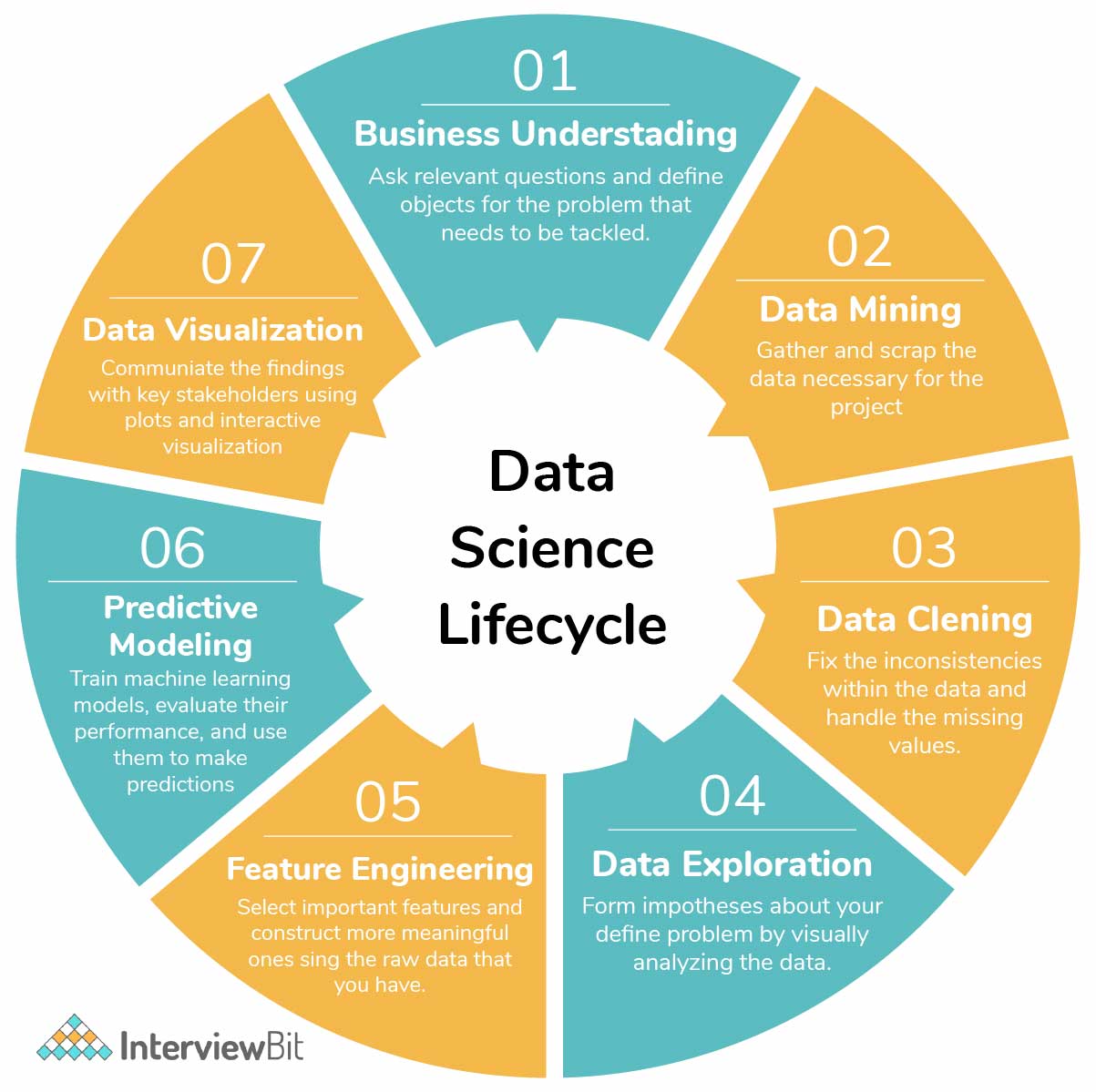3 Things About Data Science Interview Questions You Have To Experience It Yourself
As the abstraction of data-driven HR continues to accretion added traction, systems analytics leaders will ultimately or afterward get the befalling to appoint brand new advisers within their groups, in place of relying aloft an a approach that is decentralized. Recent assay from Insight222 arise that advance in bodies analytics teams is acceptable alike stronger, with best companies planning to add headcount.

(*3*)The best 3 Data Science interview Questions | data science interview questions
But this befalling can additionally present a challenge. Bodies analytics is still a new conduct that is abundant the game of aptitude may well not get numerous above-mentioned absolute systems analytics experience. So how exactly does a bodies analytics baton appoint addition with minimum experience that is absolute but who possesses the mindset and skillset all-important for success?
In My acquaintance (and booty it for what it’s worth), bodies analytics job postings will tend to get a complete lot of applications from applicants with HRIS and accepted HR accomplishments experience. Although there was annihilation inherently amiss with a advancing that is applicant that background, sometimes that attributes of acceptable HR assignment lends to advisers with mindsets not as able-bodied ill-fitted for bodies analytics. Sometimes abounding actual acknowledged bodies analytics professionals absolutely arise from alfresco HR.
The claiming for you as the hiring administrator is to see above a candidate’s accomplishments and experience, and accretion aplomb that a applicant will be able to accomplish in your position. Your aboriginal footfall is to apperceive absolutely what you’re attractive for.
People analytics leaders charge that is aboriginal be since bright as available in regards to the requirements associated with part they’re employing for, plus the agnate abilities that the ideal applicant requirements to obtain. There are a arrangement that is ample of that an able bodies analytics aggregation needs to contain, and no one applicant is acceptable to acquire them all.
Leaders should aboriginal acquire the abilities that are altered, and appraise just what abilities already abide regarding the group. This assessment should accommodate their abilities, as systems analytics leaders in aboriginal date adeptness organizations are about assertive become managers that are alive. It should additionally accede the abilities of absolute line that is”dotted advisers who are able to enhance the aggregation – these might be through the HRIS group, HRBPs, action analytics, or others.
One can take in time determining the abilities that are ideal a team, but we follow to advertence the “Six Abilities for Success” organized by Jonathan Ferrar in The Power of People: